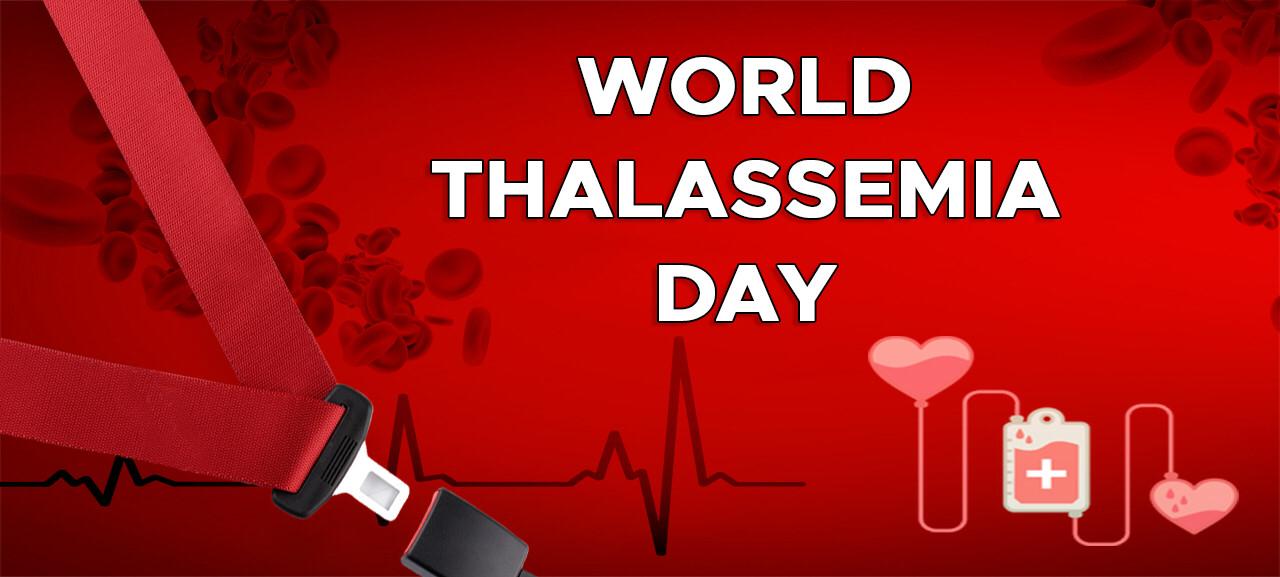“There is no exercise better for the heart than reaching down and lifting people up.” – John Holmes –
The World Thalassemia Day is dedicated to every Thalassemia patient who suffers in silence due to the health inequalities prevailing within the system. This year, bearing the theme “Addressing Health Inequalities Across the Global Thalassemia Community”, the Thalassemia International Federation has stepped in as a light to address this issue and raise awareness on how to survive this disease, especially during a time of a pandemic.
Each year this day is commemorated on 08th of May, to create a forum where the public and the decision makers equally engage in improving a quality of life among the Thalassemia patients.
In order to achieve a greater cause, it is vital to have a proper understanding on the nature, variants, remedies and, the means of managing and preventing this disease. To begin with,
Thalassemia is a genetic (inherited from parents) blood disorder which affects the ability of human body to produce enough haemoglobin, an important protein present in red blood cells, that carries oxygen.
The inadequacy of haemoglobin will result in fewer healthy red blood cells, leading to severe or mild anaemic conditions and various health complications.
The common symptoms include slow growth, deformities in the facial bones, fatigue, chest pain, poor appetite, cold hands and feet, pale skin and abdominal swelling.
It has been found that Beta Thalassemia is the most severe and frequent form of disease than that of Alpha Thalassemia, and the life expectancy of a patient who is suffering from Beta Thalassemia often revolves around 20 years of age. Despite being a major catastrophic illness, only few remedies are available such as blood transfusions, bone marrow transplants, iron chelation and gene therapy, and that too are available only for few patients, because of the insufficient distribution of resources and the economic status.
Accordingly, if these issues are not addressed properly, it will lead to major health, social and economic repercussions. Thus, effective means of preventing, managing and proper awareness of the disease should be delivered to the community in no time.



“BEAT AGAINST THALASSEMIA” A Bridge that Connects the Thalassemia Community and the Society.
The project “Beat Against Thalassemia” was principally carried out with the goal of raising awareness on Thalassemia and to highlight the aforesaid issues, within the Sri Lankan society.
The PR campaign was initiated by the Community Service Avenue of the Rotaract Club of University of Sri Jayewardenepura and the Rotaract Club of Trincomalee, in commemoration of the World Thalassemia Day 2021.
The two clubs had concurrently engaged in sharing posts (made by the respective club members after a thorough research) in the social media platforms, for eight consecutive days, starting from 01st of May to 8th of May, in order to provide an insight to the disease.
It should be also honoured the presence of Dr. Rashmira Balasuriya, PG Trainee in Family Medicine Diploma, MBBS Bsc (Biomed), PGCERT (MedEd) and Head of Mentors, The Arka Initiative, who spared her valuable time in sharing a meaningful discussion on Thalassemia and its prevalence in Sri Lanka.
The following areas were duly given priority during the course of the PR campaign; what is Thalassemia, varieties, symptoms, daily routine of a Thalassemia patient, management and treatment, and lastly the worldwide situation. The campaign successfully concluded on 8 of May achieving a greater attention from the community while highlighting the need of collective responsibility in uplifting the lives of Thalassemia patients.
Last but not least, may this campaign be an eye-opener to the public as well as to the public officials to be more concerned in providing a quality life for the Thalassemia patients, by eliminating the health inequalities, since Thalassemia is one of the most common genetic diseases that prevail within the Sri Lankan community.
Written by Rtr. Malithi Fernando & Rtr. Reema Shakir



0 Comments